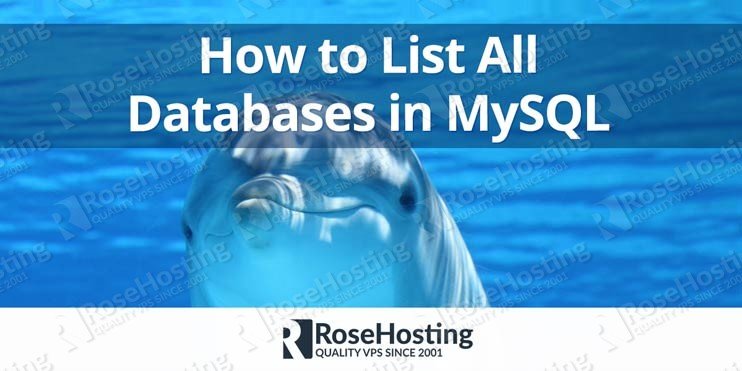Normally, if you create a folder on your site, you can access all the files inside it just by visiting the file’s URL. Sometimes however, you want to password protect directories in cPanel – either you’re testing a new design that you’re not ready to show the world, or it’s a staging area for your site. Or maybe you just want to prevent unauthorized access to sensitive parts your site. Like the “wp-admin” area of WordPress for example.
 Jeff Wilson
Jeff Wilson
How to Automatically Deploy Laravel Applications with Deployer on Ubuntu 16.04
Laravel is a popular, open-source PHP web application framework. It has an expressive, elegant syntax and provides tools needed for large, robust applications. Deployer is a modular open-source PHP deployment tool packed with time-saving features and optimizations. It supports deployment of many popular frameworks, including Laravel, Symfony, Zend Framework and CodeIgniter. In this tutorial, we will show you how to deploy a Laravel application with Deployer on Ubuntu 16.04.
How to Create and Delete a User on Debian 9
In this tutorial, we will show you how to create and delete a user on Debian 9. In the initial server setup, there is only one user account created and that is “root” user account. This root user has the highest privileges and has access to all files and commands on the system. But having too many privileges and running as root user is not always recommended and if you are not careful enough it can have destructive consequences for your system.
That’s why it is recommended to create additional users with limited privileges for your most common tasks. A new user account should also be created for any other user that will be using your server. Additionally, we will also show you how to give those users root privileges when necessary through the sudo command.
How to Install Java 10 on Debian 9

Common Firewall Rules and Commands in iptables
Today we are going to show you some common firewall rules and commands in iptables. Iptables is a useful command line utility for configuring Linux kernel firewall. Iptables contains five tables: raw, filter, nat, mangle and security. Each table consist of chains. A chain is a list of firewall rules which are followed in order. Let’s get started with some common firewall rules and commands in iptables.
How To Show A List Of All DataBases In MySQL
We will show you how to list all databases in MySQL, i.e how to have a list of all MySQL databases. MySQL is an open-source relational database management system commonly used with web-based applications like WordPress, Magento, etc. In this tutorial, we will show you how to list all databases in MySQL on a Linux VPS.
How to Install the ELK Stack on CentOS 7


In this tutorial, we will show you how to install and configure the ELK Stack on CentOS 7. Elasticsearch, Logstash, and Kibana are the three open-source products which are part of the collection called ELK stack. It is a robust solution for search, analyzes, and visualization of data. As we already know Elasticsearch is distributed RESTful search and analytics NoSQL engine based on Lucene, the light-weight data processing pipeline or Logstash is used for managing events and logs from many different sources and Kibana which is a web application is used for data visualization that works on top of Elsticsearch. This tutorial on installing ELK Stack on CentOS 7, should be good for any other Linux VPS systems, but originally it was intended or in other words written and tested for a CentOS-based virtual private server. The task of installing ELK Stack on CentOS 7 should be easy, you just need to follow the steps which are given below and the job will be done in less than ten minutes. Let’s get started.
How To Set Up SSH Keys on Ubuntu 16.04
We’ll show you how to set up SSH keys on Ubuntu 16.04. SSH or Secure SHELL is the most popular and trusted UNIX-based cryptographic network protocol. It can be used for a secure data communication, remote server logins, remote command execution, and many other secure network services between two networked servers. Normally, password authentication is used to connect to a remote server via SSH but in this tutorial we will show you how to login to your Ubuntu 16.04 VPS using SSH keys. We will generate a key pair (private and public key), place the private key on your server and then use your locally stored private key to gain access to your server. This method provides a more secure way of connecting to your server, instead of just using a password.






